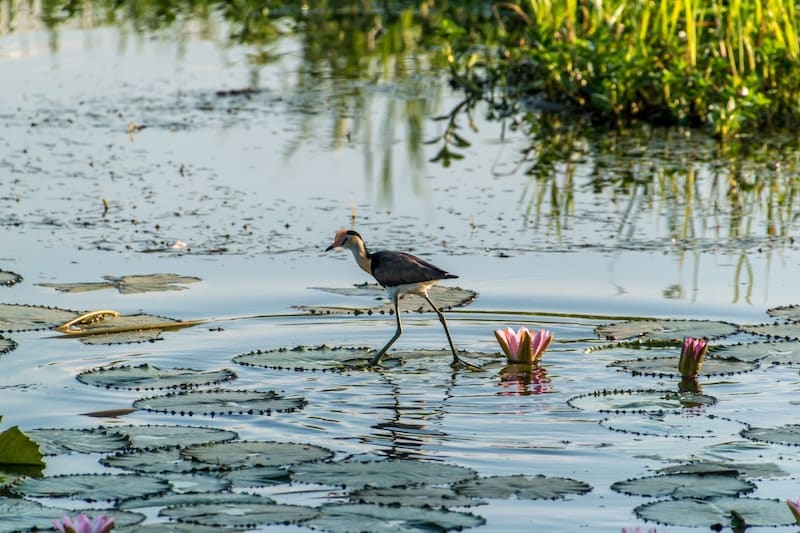Featured
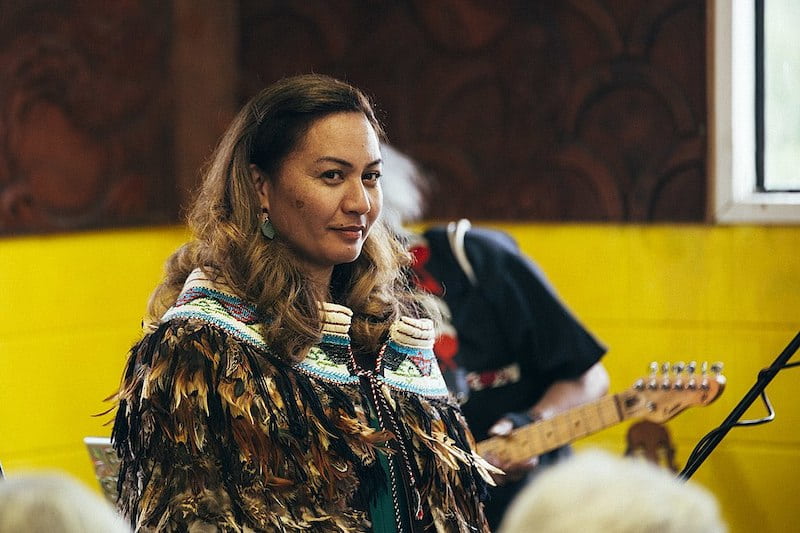
Democracy, Featured, Green Agenda Journal 2022: Volume One
“Uncomfortable with power”: strategies, policies and approaches of the Green Party of Aotearoa NZ in government
The Green Party of Aotearoa New Zealand is one of the oldest Greens parties in the world, and has been in shared government several times. Currently, they are in a unique arrangement with the Labor government of Jacinda Ardern. Green Institute Executive Director, Tim Hollo, spoke with co-leader, Marama Davidson, about the policies, strategies and approaches the party is taking... Read More
Democracy, Featured, Green Agenda Journal 2022: Volume One
Greens in Government in the ACT – reflections on successes and challenges from a former MLA
I have had the privilege of being a member of the ACT Legislative Assembly twice. These are some personal observations about being a small part of the ACT government. There are many ways to look at the success of the Greens party in government. Did it work for the Greens as a party? Did we improve the government and did... Read More
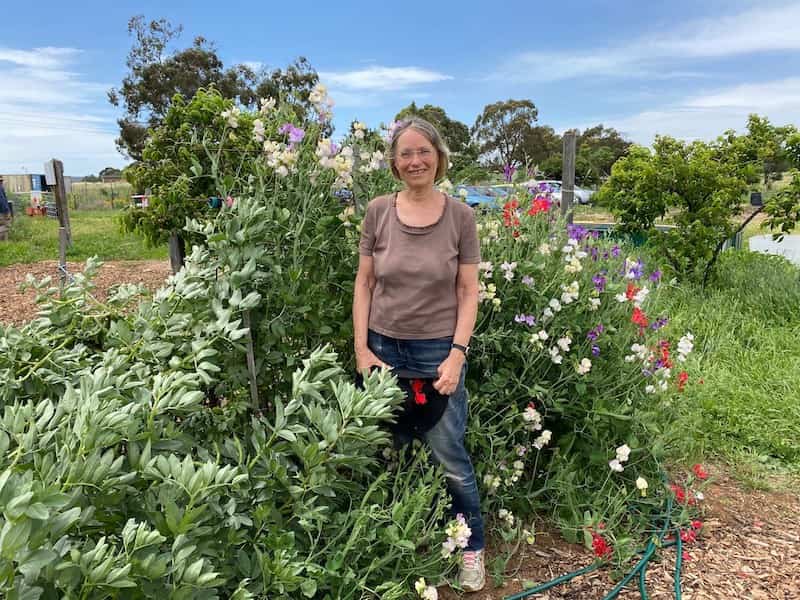
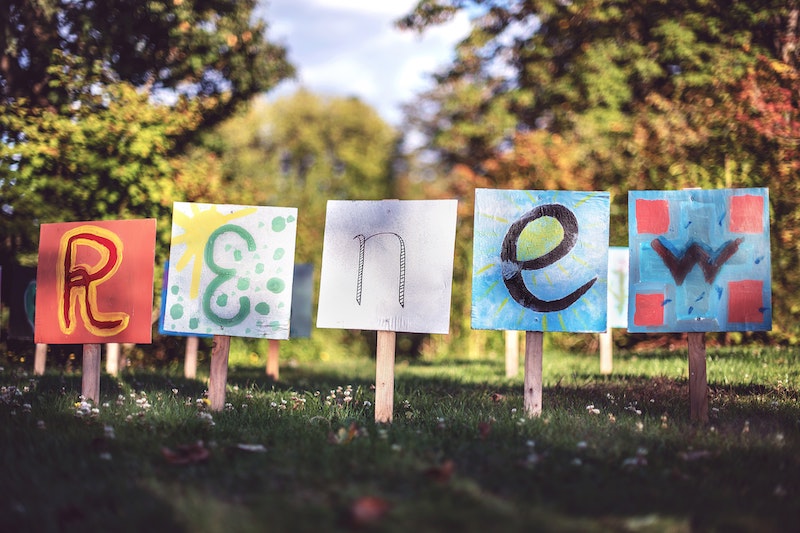
Democracy, Featured, Green Agenda Journal 2022: Volume One
Revitalising the public sector is key to preparing for the future
In his landmark review of the Australian Public Service, David Thodey AO forensically laid out the role of the APS and described a well-functioning public sector as “essential to the future prosperity and security of all Australians.”[1] This is because the public sector is critical to providing robust advice to government, implementing government policy, and keeping government in check. If... Read More
Democracy, Featured, Green Agenda Journal 2022: Volume One
One ring to rule them all: Unpacking the centralisation of power within the Queensland Greens
No matter how noble its intentions, any political movement that seeks to win power through electioneering is gradually going to be co-opted by the process. In imagining how a Greens government might one day operate in practice, we can find clues in the ways important decisions are currently made within our party. Unfortunately, real-world experience suggests we risk falling into... Read More
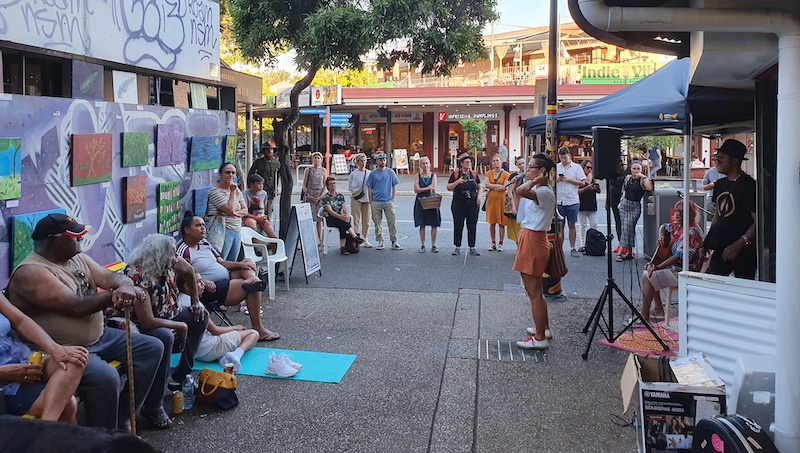
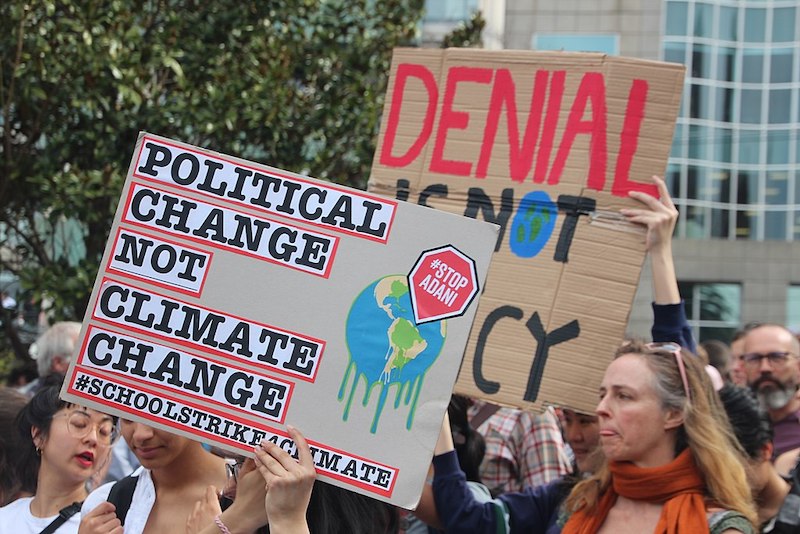
Democracy, Featured, Green Agenda Journal 2022: Volume One
In the anti-political era, the Greens need to be wary of Government
In the years that I was heavily involved in the Greens (around 2007 – 2013 or so), one debate dominated internally: should we be a party of protest or a party of Government? At the time, while there were some stalwarts who were committed to the former option, the latter was really becoming the dominant mode of operating. Particularly, with... Read More
Democracy, Economy, Featured, Green Agenda Journal 2022: Volume One
Degrowth economy: The pathway to human survival
Why do we need to transform government? We need to transform government because neither the needs of people, nor the needs of the planet are being met under this current government. The ‘people crisis’ can be summed up by the following statistics: 13.6% of Australians (including 17.7% of children) live in poverty. Wages have been stagnant for 20 years. Welfare... Read More


Democracy, Featured, Green Agenda Journal 2022: Volume One
Should European Green Parties Go Into Government?
On 28 August 2021, 7500 people had the power to decide who would be in the Scottish government. This decision – on whether the Green Party should enter a power-sharing agreement with the Scottish National Party (SNP) – surfaced a series of philosophical and strategic debates within the party. One of these was a question of electoral strategy. In simple... Read More
Environment, Featured, Green Agenda Quarterly Journal Spring 2021
Green Agenda Spring 2021: Out the door – Hope in the fossil-fuel induced dark
“Hope is not a lottery ticket you can sit on the sofa and clutch, feeling lucky. It is an axe you break down doors with in an emergency. Hope should shove you out the door, because it will take everything you have to steer the future away from endless war, from the annihilation of the earth’s treasures and the grinding... Read More
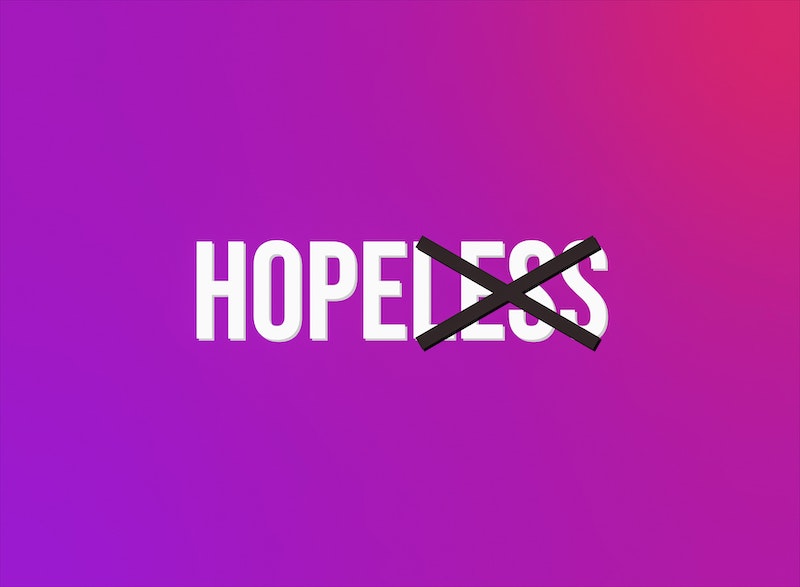
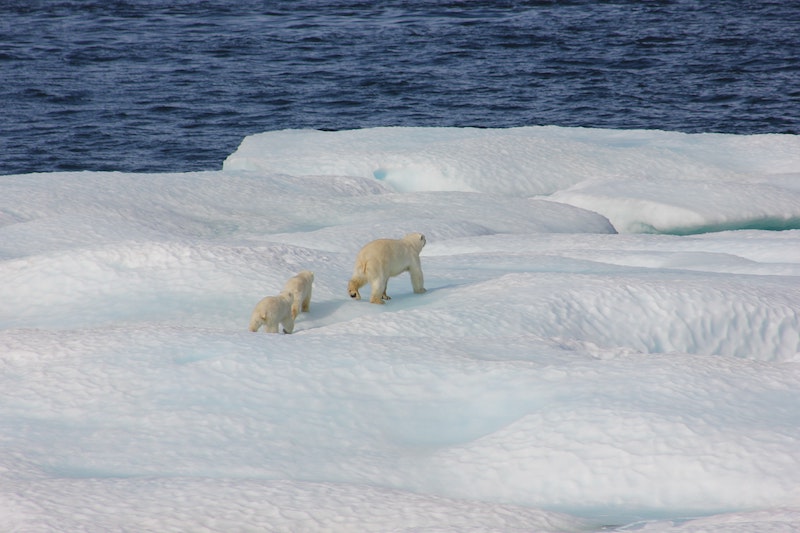
Environment, Featured, Green Agenda Quarterly Journal Spring 2021
Are we ready?
We have been hoping for so long, are we ready now the moment has arrived? I attended my first climate COP in Buenos Aires in 1998. It was COPIV. My last was COP 21 in Paris in 2015. The world was celebrating because a global agreement to restrict global warming to less than 2 degrees, and to pursue 1.5 degrees,... Read More
Environment, Featured, Green Agenda Quarterly Journal Spring 2021
Not passive victims: Indigenous Australians respond to climate change
This piece was originally published in Foreground. Climate change poses both direct and indirect threats to the socio-economic, institutional and environmental systems of the world’s Indigenous populations. Australia is no exception. Yet through the formation of political alliances and establishment of on-country initiatives Indigenous Australians have been leading the way in the development of climate adaptation responses. Firstly, there are a range... Read More
